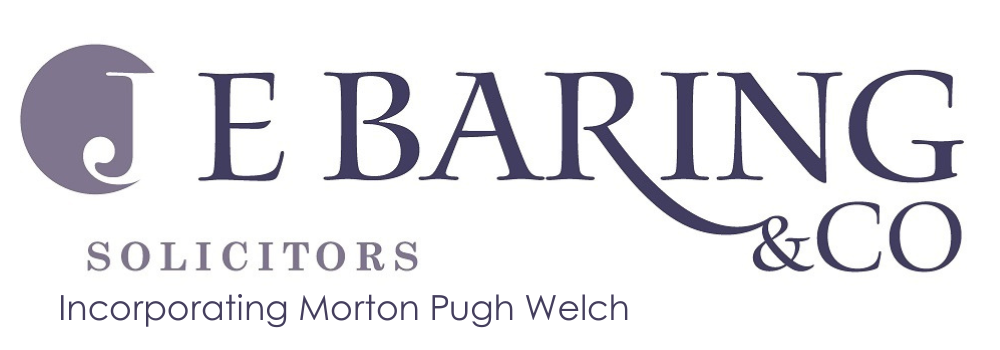Winding Up A Company
Despite the fact that business and personal debt is at record levels in the UK, the number of insolvencies has not risen as perhaps expected.
The main reason for this is that a sensible creditor, however angry about being owed money, will want to weigh up the possible benefits of winding up a limited company debtor against the disadvantages. In particular :-
- it is not cheap to wind up a company. the starting point will be paying court fees of £1,385.00 to start the process and where advisors, either legal or otherwise, are instructed, costs can be considerably more. There is no point in simply throwing good money after bad although in some instances, a creditor will decide to proceed on an issue of principle
- what are the prospects of recovering any money ? A creditor may be largely ignorant of exactly how much the debtor company owes to other creditors, particularly the Inland Revenue, but enquiries should be made regarding other secured debts since these will rank before any unsecured creditors. The same exercise, so far as is possible, should be undertaken to establish any possible unknown assets.
- Do the directors and/or shareholders stand to personally lose anything if the company is wound up ? Is there any suggestion of wrongful or insolvent trading of any kind ? If there is any suggestion that the directors and/or shareholders may be at personal risk or have other vested interests in the company not being liquidated, this is very useful information
- Does is seem likely that the company has simply fallen on bad times through no fault if it’s own ? If so, is there a prospect that if the creditor waits, the business might recover in better trading conditions in which case the debt may be paid at some stage in the future.
- Has the debtor company indicated in any way or might there be a possibility that the debt could be contested ? Does the creditor have a court judgment or clear admission of liability from the debtor ? If not, issuing a winding up petition may result in an application by the debtor to have it dismissed based on a dispute, counterclaim or otherwise. It may also have costs consequences for the creditor who could also face an application or several applications for adjournments, wasting time and potentially incurring costs. At worst, a debtor may even apply for a injunction to restrain the creditor from proceeding.
For a clear and concise guide as to winding up process, this page from the UK Government website is an excellent starting point.
Need solicitors for winding up?
We have genuine and extensive experience in winding up and corporate insolvency. In terms of creditors, we can assist with all of the above considerations. We advise major institutions and local Authorities on these issues. If as creditor you decide to proceed with winding up, we ensure the process is efficient and effective and will vigorously protect your interests in the event of any attempts at tactical manoeuvres by the debtor company or other interested parties.
If you are a debtor company and need advise on insolvency or you have received a winding up petition and want advice as to your rights and options, we can assist.
Testimonials

K. Everest – Conveyancing Client

Alistair Bennett (Litigation Manager) Jewson Limited

Louise Brittain, Insolvency Practitioner

B. Firth – A First Time Buyer

Sheila Coburn, Maidstone Borough Council

Estates Agents Recommendation for Conveyancing

S. Ahmed Conveyancing Client

Daniel Caplan, Managing Director, New I.D. Interiors Group

Michael Alderson, Interim Recovery Manager, London Borough of Tower Hamlets

L. Bond – Property Sale

H.S. Loughton (conveyancing client)

England Property Services

S. Radmore – Debt Recovery

J. Why – Purchase of First Home
